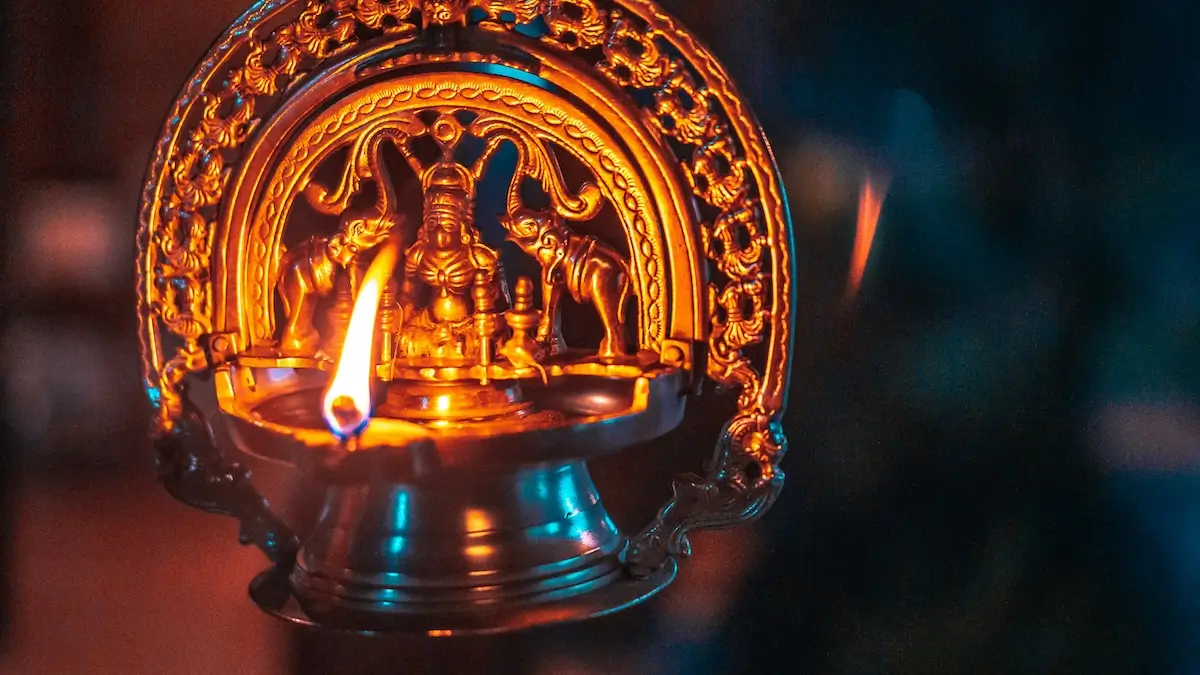About Hindu Surinamese
"God be with us Suriname.“
Despite changes in world politics, the shadow of colonialism remains across the globe. Suriname was colonised by the Dutch in 1667 and remained under Dutch control until it gained independence in November 1975. The years as a Dutch colony had created a melting pot of sorts as slaves and contract workers were brought in from different corners of the world. One such group were the East Indians or, as they are known in Dutch, the Hindus.
When African slavery became illegal in 1863, many East Indian workers came to Suriname from British-occupied India. Many settled in the country and brought with them their customs, especially their widespread practice of Hinduism. Unlike their British counterparts in Guyana, Dutch settlers did not interfere much with the practice of Hinduism in Suriname. For this reason, Hindus were able to keep their religion intact and pass it on from generation to generation.
The term "Hindustani" as we use it in the Netherlands no longer says anything about religion but is simply used to describe Surinamese men and women of Indian descent. Nevertheless, Hinduism remains a very important part of Hindustani culture, with about 78% practising the religion. In fact, it is Hindus who almost single-handedly make up the Hindu population of the Netherlands. And Rotterdam is no exception.
About 9% of Rotterdam's population is Surinamese, giving them the title of the city's most populous minority group. It should therefore come as no surprise that a majority of Rotterdam's Hindu population can be found within the Hindu population.
Such devotion to Hinduism is an important part of the troubled but always persistent history of the Hindu people.
Prayer points
- To make Hindus feel welcome in Rotterdam
- Comfort for Hindus who still have many relatives in Suriname
- For chances of a good and prosperous life in the country
- That practising Hindus will see Jesus not as one god among many, but as the only God
- That Rotterdam church will work hard to engage Hindus
- For ministries and projects targeting Hindus
